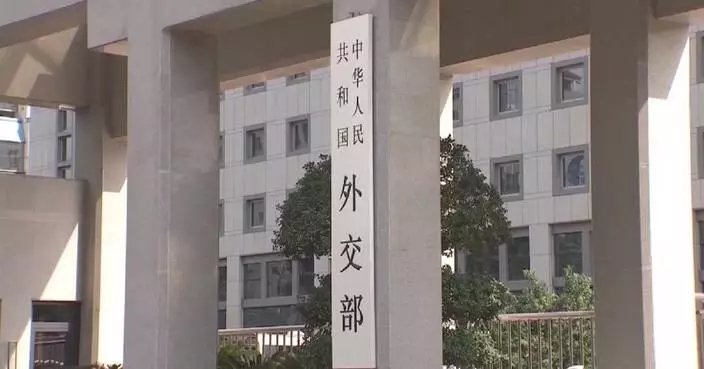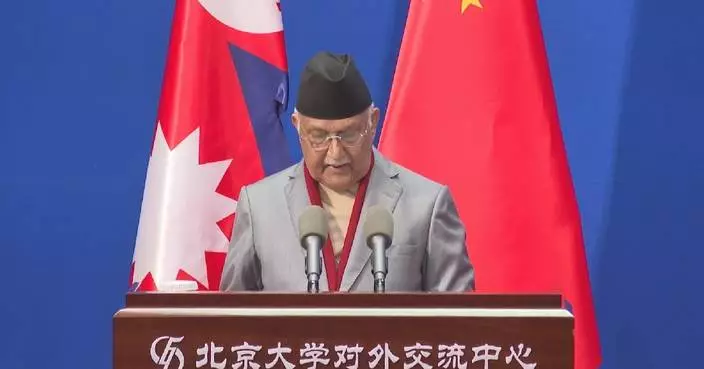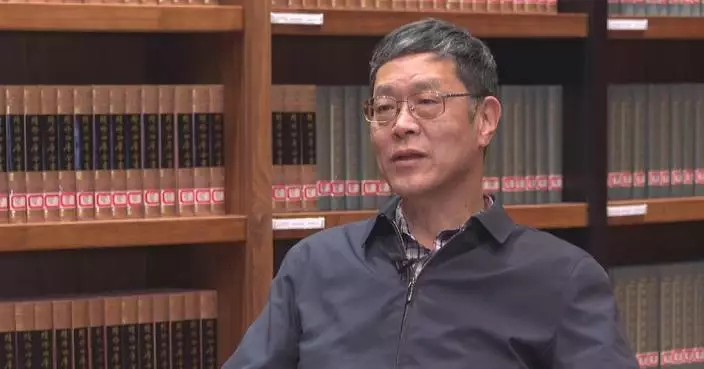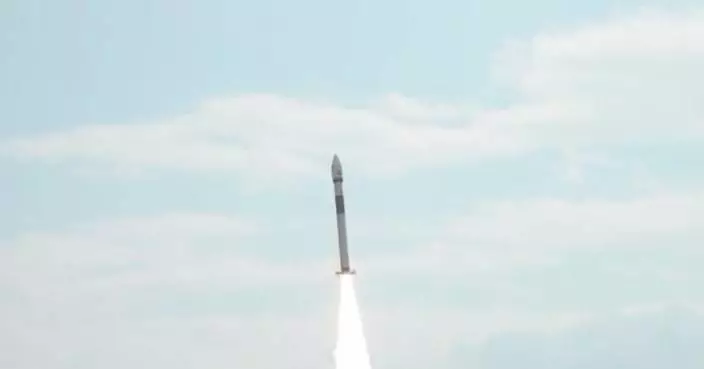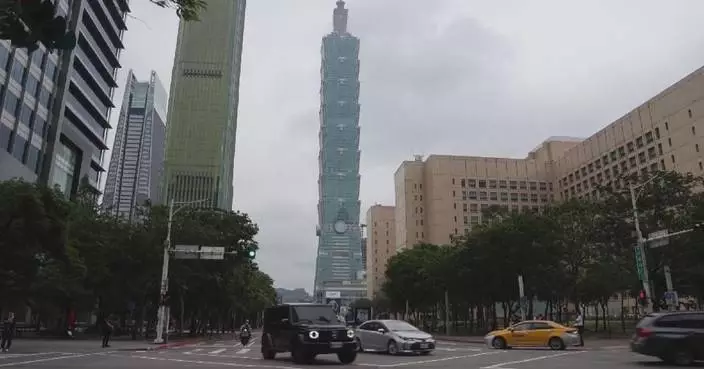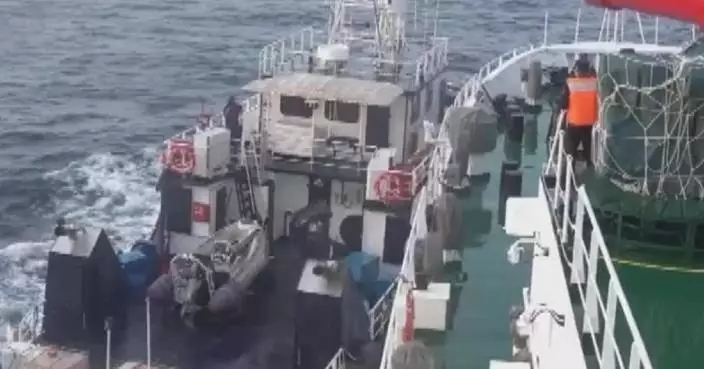A spokesman for the China Coast Guard (CCG) on Monday said the CCG has taken necessary control measures against Philippine vessels illegally gathering, in the name of fishing, in the waters around Houteng Jiao in China's Nansha Qundao, and urged the Philippines to immediately cease its provocative actions.
A series of on-site footage and photos released Wednesday by Yuyuantantian, a social media account affiliated with China Media Group, showed that the gathering of the fishing boats, along with reporters staging photos, clearly indicates that they were not engaged in fishing activities.
Experts say that the fishing boats in question are not suitable for fishing in deep-sea waters.
In addition, a Philippine coast guard vessel carrying reporters was also present at the scene to stage photos of the fishing boats for publicity.
It clearly indicates that the Philippine side's actions are purely a form of deliberate provocation.
Liu Dejun, the spokesman, emphasized that China holds indisputable sovereignty over Nansha Qundao, including Houteng Jiao, and the surrounding waters. He called on the Philippines to cease its provocative actions, stop distorting facts, and refrain from engaging in sensational propaganda.
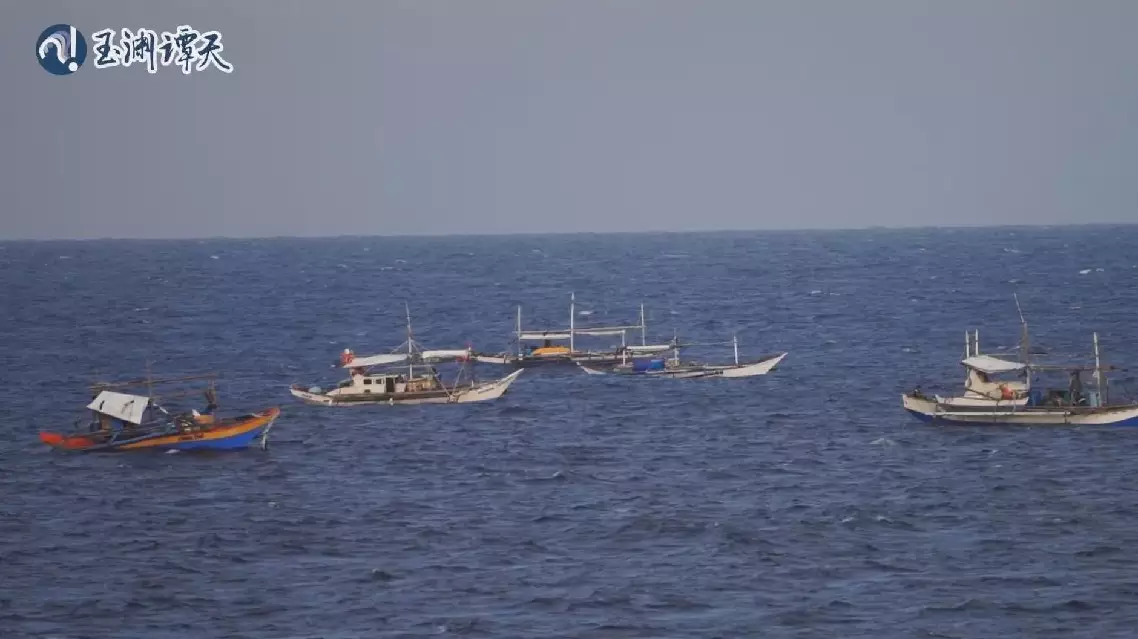
China urges end to illegal gathering of Philippine ships in South China Sea
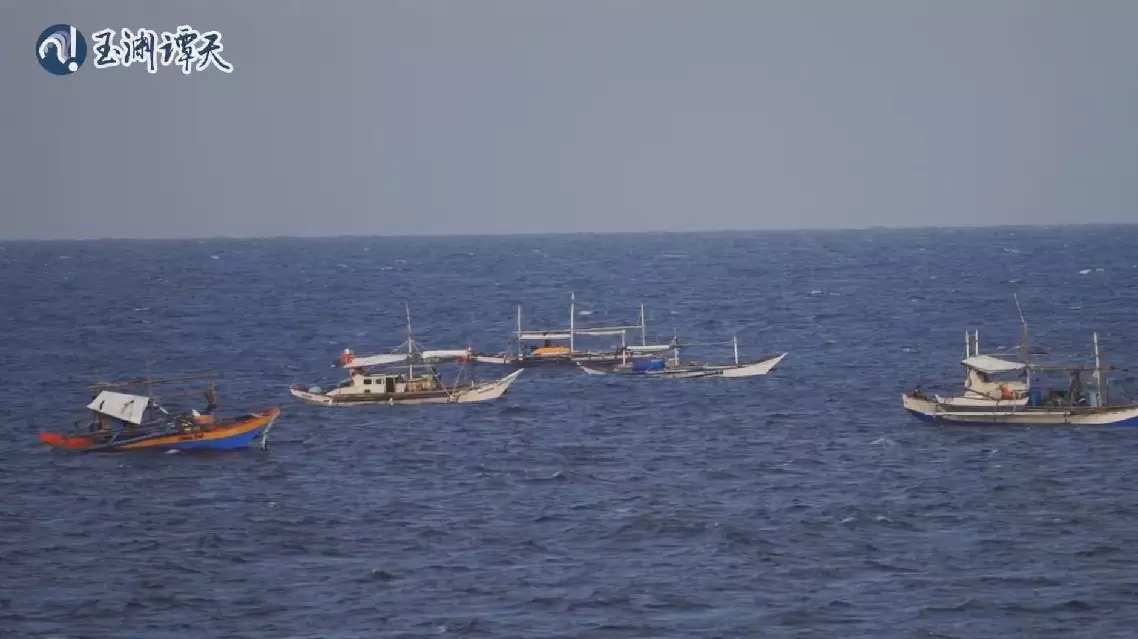
China urges end to illegal gathering of Philippine ships in South China Sea
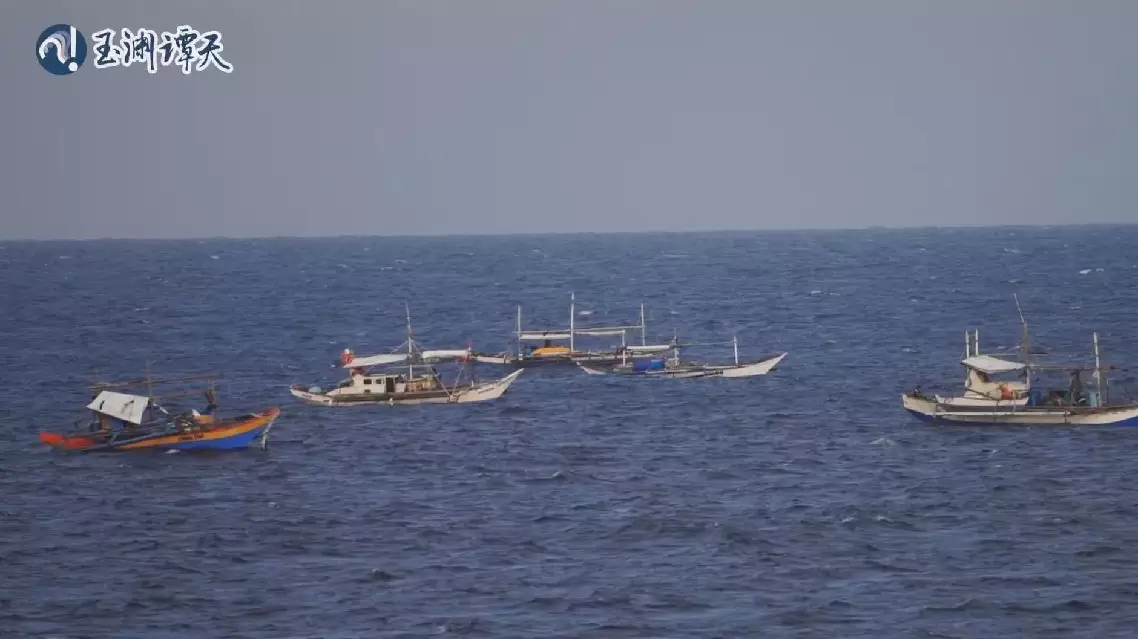
China urges end to illegal gathering of Philippine ships in South China Sea
Nepali Prime Minister KP Sharma Oli on Wednesday highlighted the importance of stronger business ties with China at the Nepal-China Business Forum in Beijing, calling for joint efforts of the business community from both sides to achieve mutual benefit.
Oli is in China for a four-day official visit, during which he met with Chinese President Xi Jinping and Premier Li Qiang on Tuesday.
On Wednesday afternoon, he delivered a keynote speech at the forum, in which he spoke highly of the close relationship between the two nations.
"We are not only linked by mountains and rivers, but we are also connected by culture and situation on economic relations, respect for sovereign equality, territory integrity, political independence as well as mutual trust," said the prime minister.
Oli also encouraged businesses from both countries to deepen cooperation.
"I encourage the business community from both countries to work together for mutual benefit. Your increased collaboration and partnership will contribute to further enhancing our economic cooperation. I believe the private sector is the real engine of economic growth and prosperity," he said.
India, as Nepal's largest trading partner, accounts for two-thirds of Nepal's international trade, whereas China, as the second largest, now accounts for about 14 percent. Nine agreements have been signed between China and Nepal, with some of them focusing on enhancing business ties.
According to some participants in the forum, there is still much room for the two countries to expand cooperation in trade and investment.
"Our export is very much low, if we compare with the lot of import from China. So we need to export more items to China. Border connectivity also needs to be improved [more] than what we already have," said Chandra Prasad Dhakal, president of the Federation of Nepalese Chambers of Commerce and Industry.
"From January to September this year, the trade volume between China and Nepal reached 1.58 billion U.S. dollars, marking an 8.7-percent year-on-year increase, showcasing the great potential of bilateral economic and trade cooperation," said Zhang Shaogang, vice chairman of the China Council for the Promotion of International Trade.
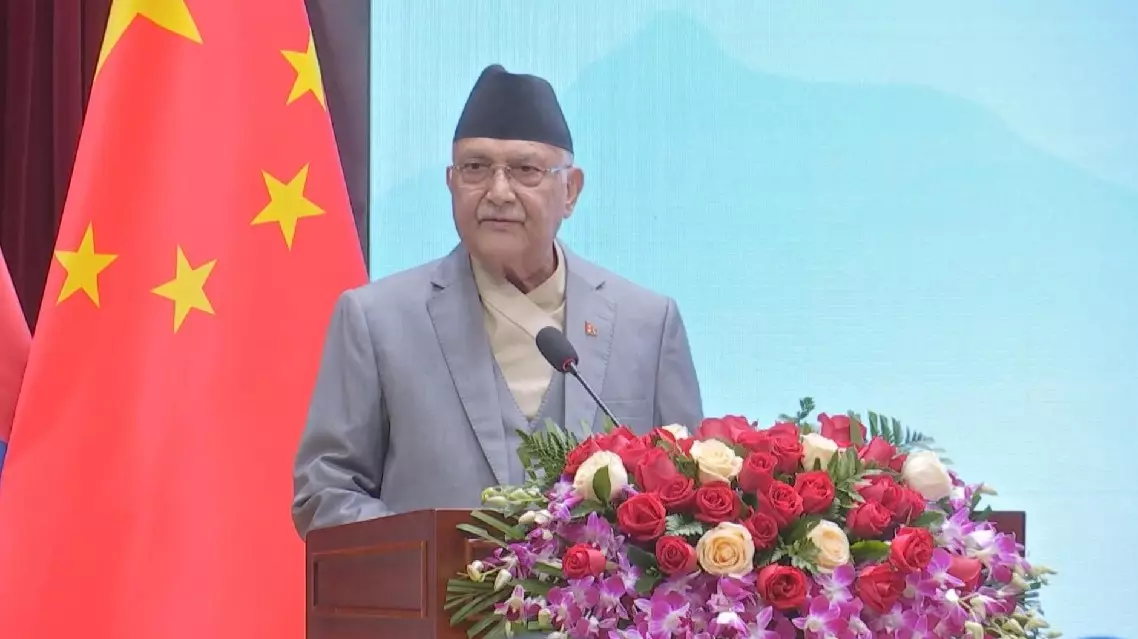
Nepali prime minister stresses importance of stronger business ties with China






